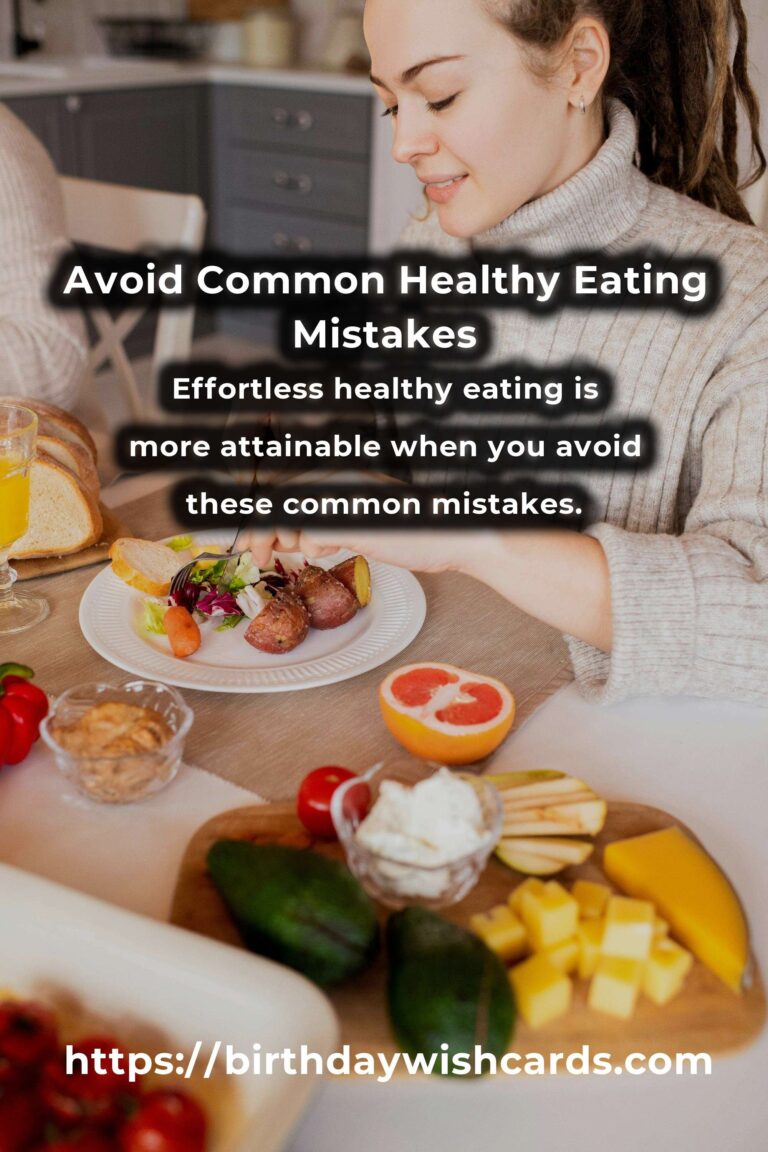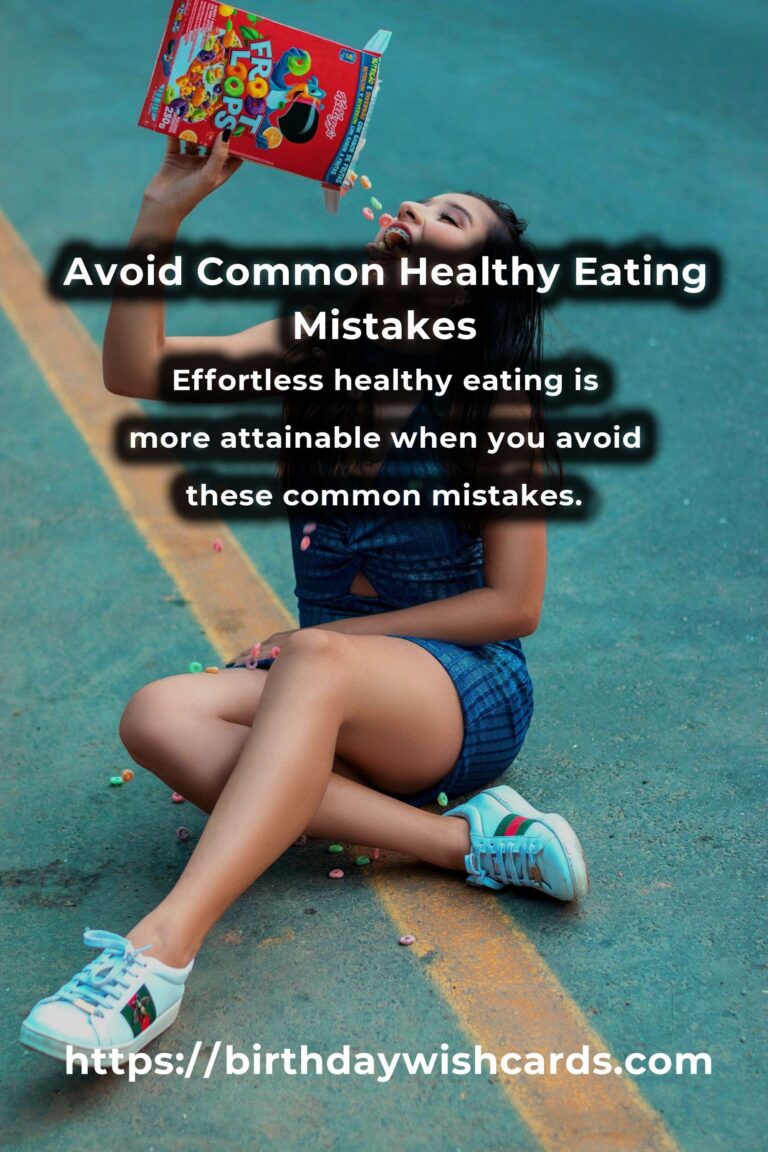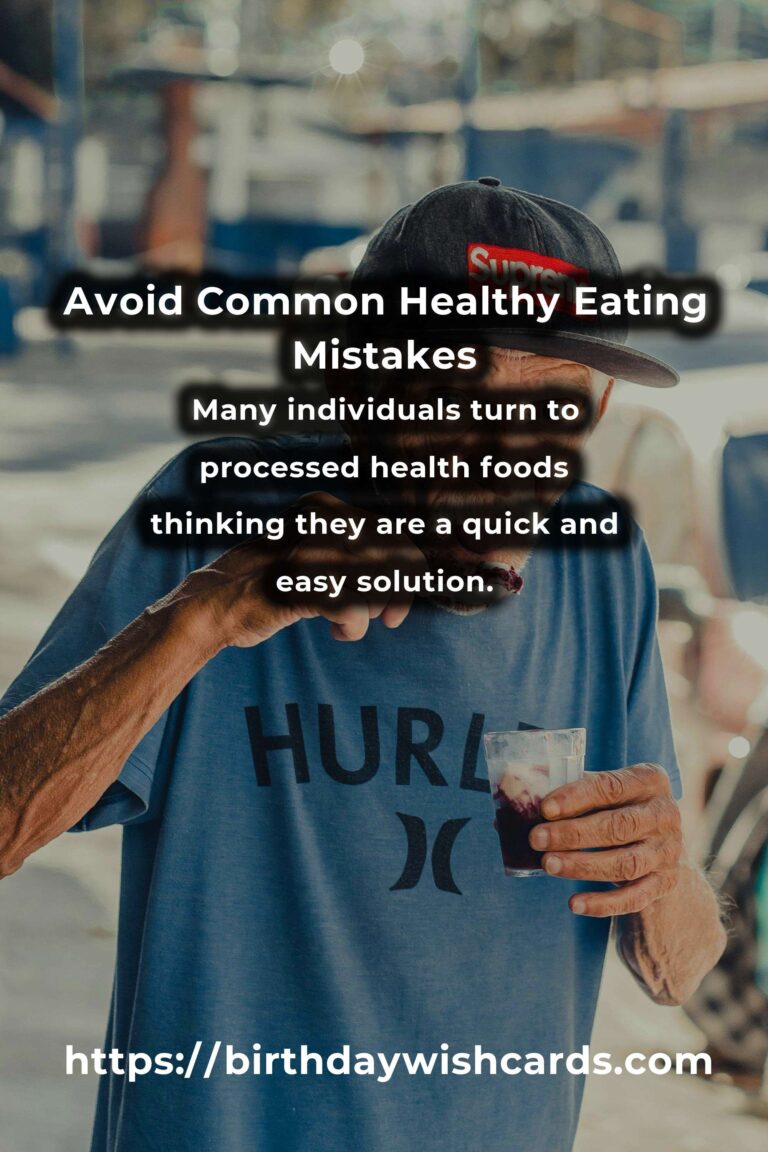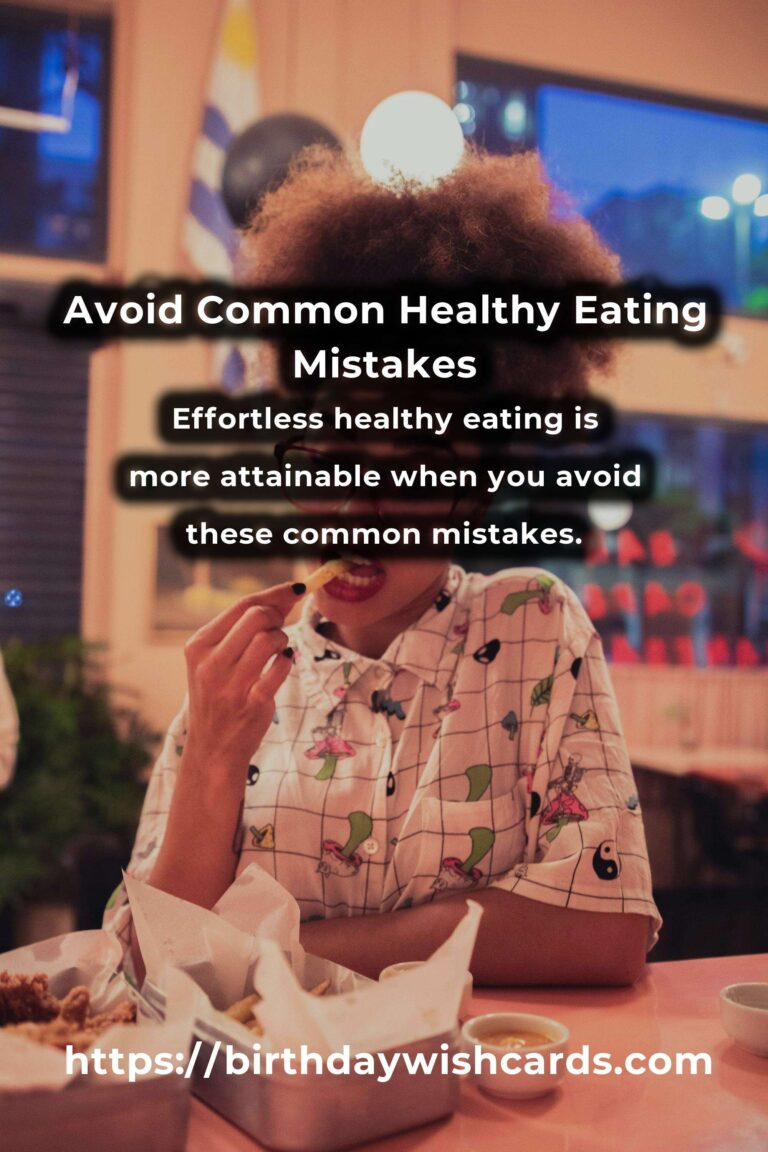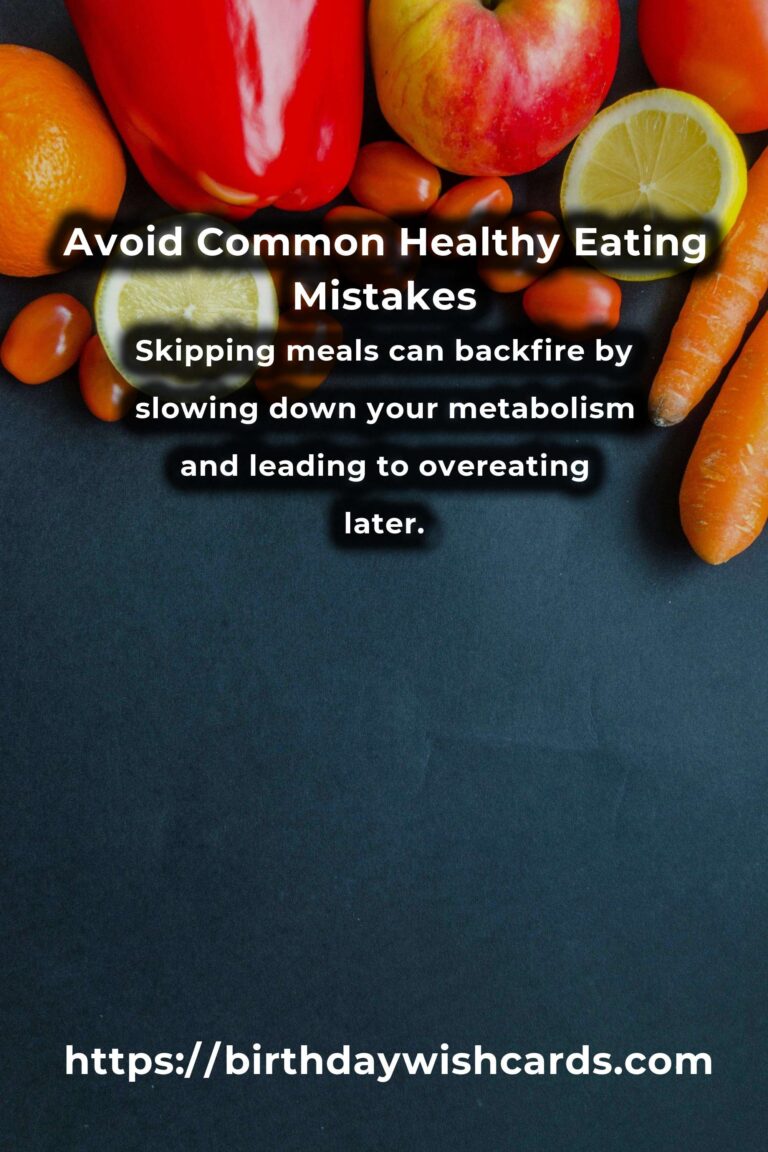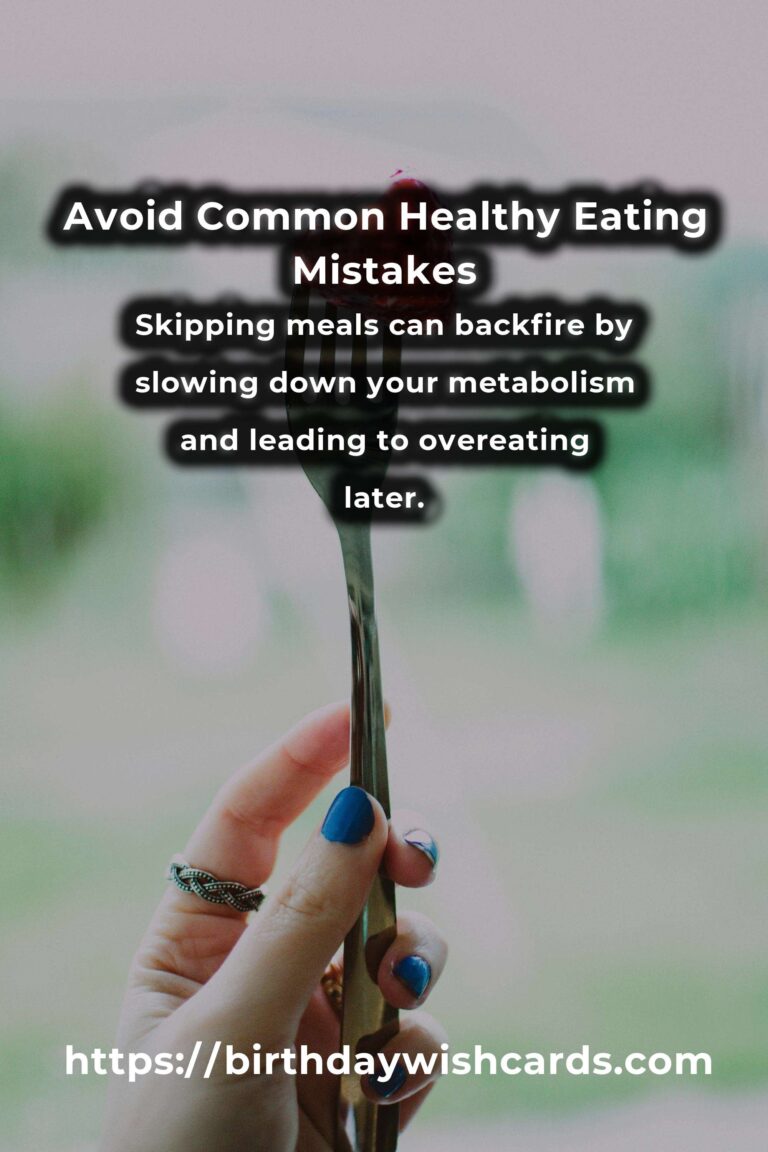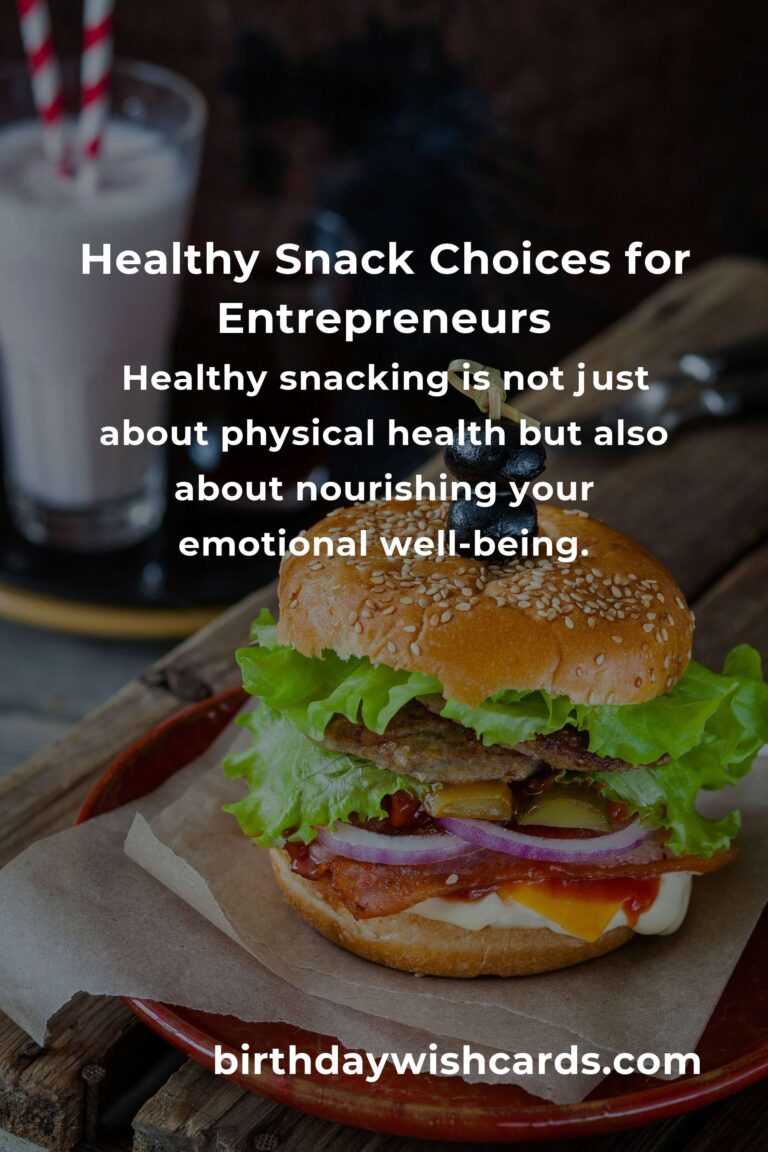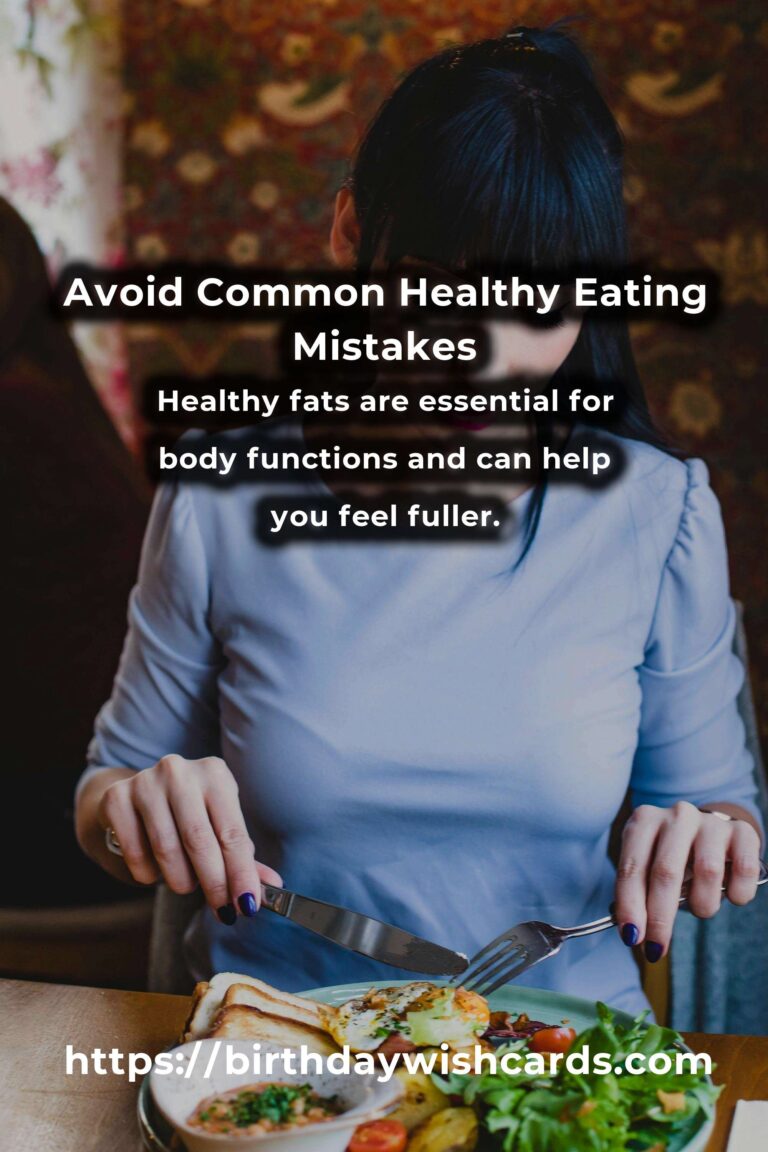
Healthy eating is a goal many strive for, but the path to achieving it can sometimes be littered with common pitfalls. Whether you’re trying to lose weight, improve your overall wellbeing, or simply adopt a healthier lifestyle, understanding these mistakes can help you maintain a balanced diet.
1. Over-Reliance on Processed Health Foods
Many individuals turn to processed health foods thinking they are a quick and easy solution to eating healthy. While these foods might seem convenient, they often contain hidden sugars, unhealthy fats, and preservatives. Always check the labels and aim to consume whole, unprocessed foods as much as possible.
2. Not Reading Nutrition Labels
Nutrition labels provide critical information about what you’re consuming. Failing to read these labels can lead to unintentional intake of excess calories, sodium, and sugars. Make it a habit to read labels to make informed choices about the food you eat.
3. Skipping Meals
Skipping meals can seem like an effective way to cut calories, but it can backfire by slowing down your metabolism and leading to overeating later. Instead, focus on having balanced meals throughout the day to keep your energy levels stable.
4. Ignoring Portion Sizes
Even healthy foods can contribute to weight gain if consumed in large quantities. Understanding and controlling portion sizes is crucial in maintaining a healthy diet. Use smaller plates and be mindful of serving sizes to avoid overeating.
5. Lack of Meal Planning
Without proper planning, it’s easy to resort to unhealthy convenience foods. Meal planning helps you make healthier choices by having nutritious options ready when hunger strikes. Spend some time each week to plan your meals, focusing on variety and balance.
6. Drinking Your Calories
Beverages can be a hidden source of calories and sugars. Soft drinks, juices, and even some smoothies can contribute significant calories without making you feel full. Opt for water, herbal teas, or other low-calorie beverages instead.
7. Thinking All Fats Are Bad
Fat has long been demonized, but not all fats are bad. Healthy fats, such as those found in avocados, nuts, and olive oil, are essential for body functions and can help you feel fuller. Incorporate these fats into your diet in moderation.
8. Overlooking Fiber
Fiber is crucial for digestion and can help with weight management by keeping you full longer. Many people don’t get enough fiber in their diets. Include fiber-rich foods like fruits, vegetables, whole grains, and legumes in your meals.
Conclusion
Effortless healthy eating is more attainable when you avoid these common mistakes. By paying attention to nutrition labels, planning your meals, and understanding the importance of portion control, you can cultivate healthier eating habits that will benefit you in the long run. Remember, small consistent changes can lead to significant improvements in your health.
Healthy eating is a goal many strive for, but the path to achieving it can sometimes be littered with common pitfalls. Many individuals turn to processed health foods thinking they are a quick and easy solution. Skipping meals can backfire by slowing down your metabolism and leading to overeating later. Understanding and controlling portion sizes is crucial in maintaining a healthy diet. Beverages can be a hidden source of calories and sugars. Healthy fats are essential for body functions and can help you feel fuller. Effortless healthy eating is more attainable when you avoid these common mistakes.
#HealthyEating #Nutrition #DietMistakes #Wellness #MealPlanning

